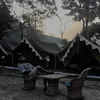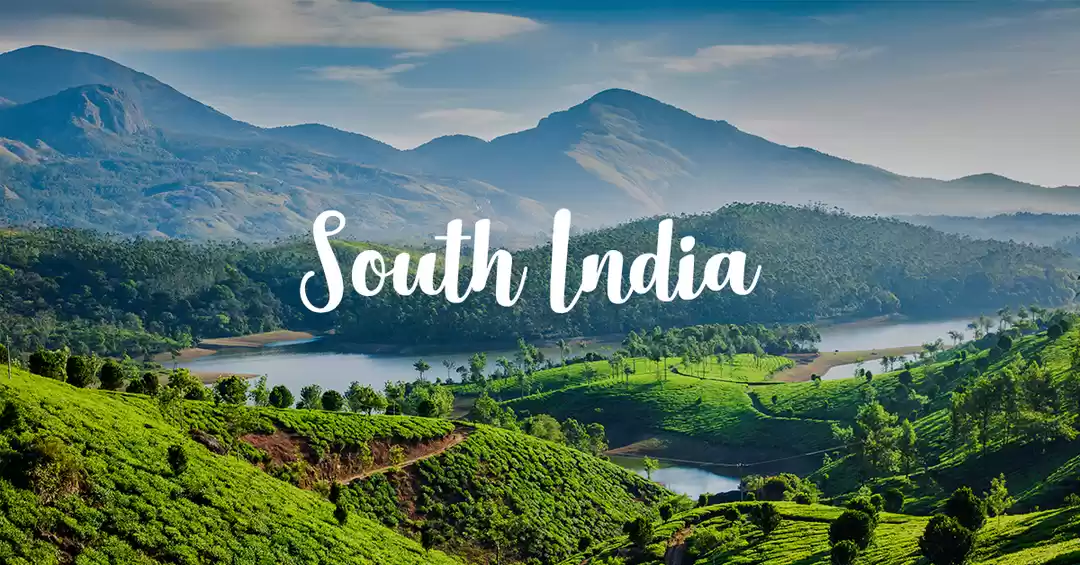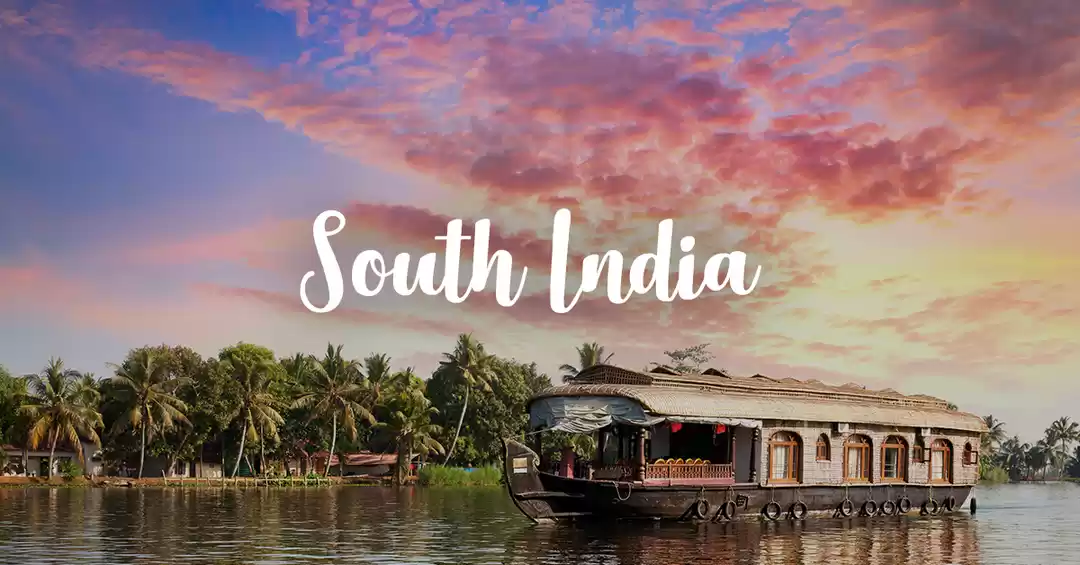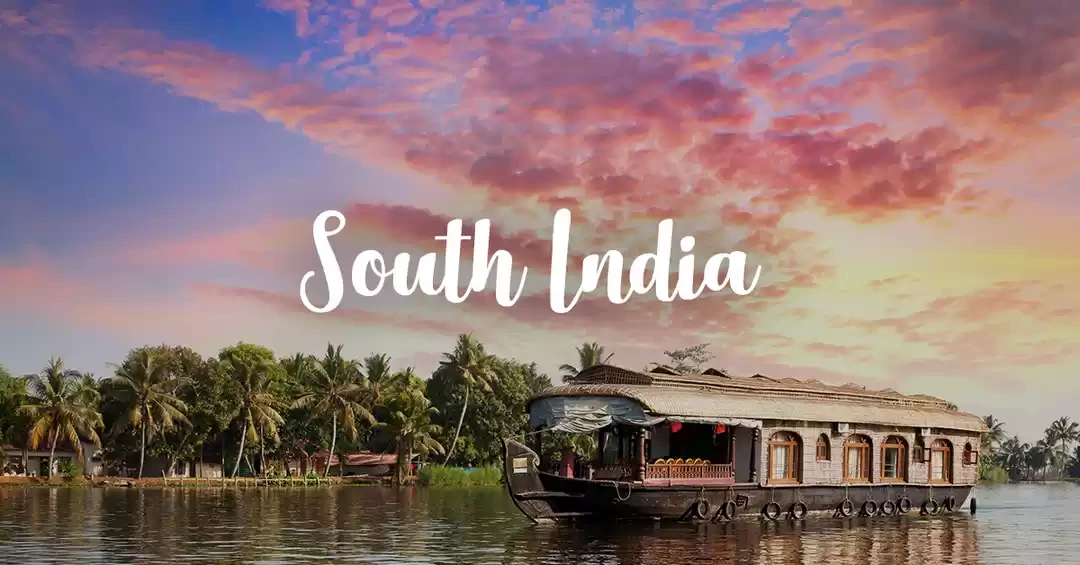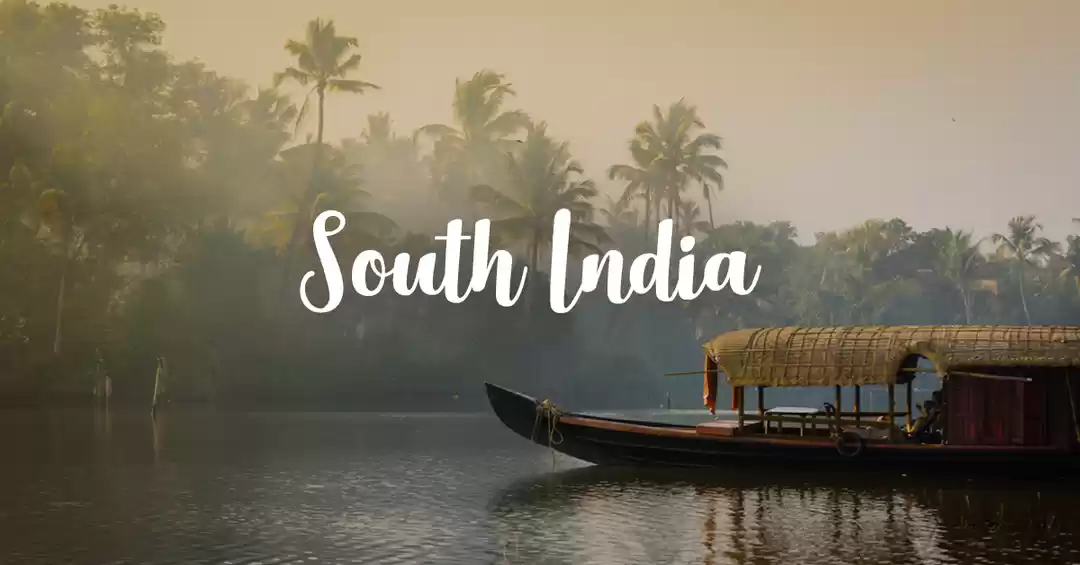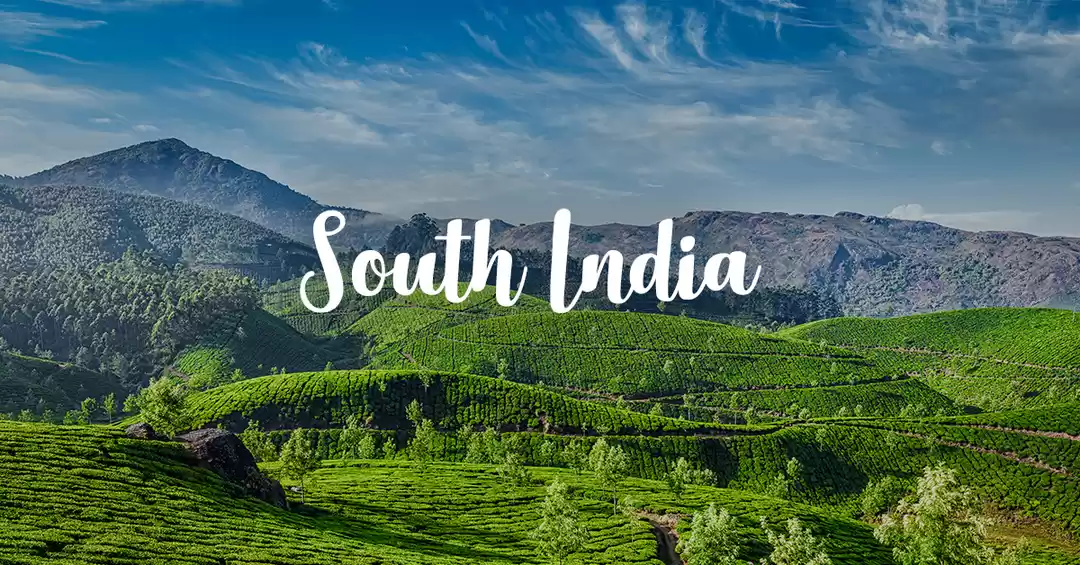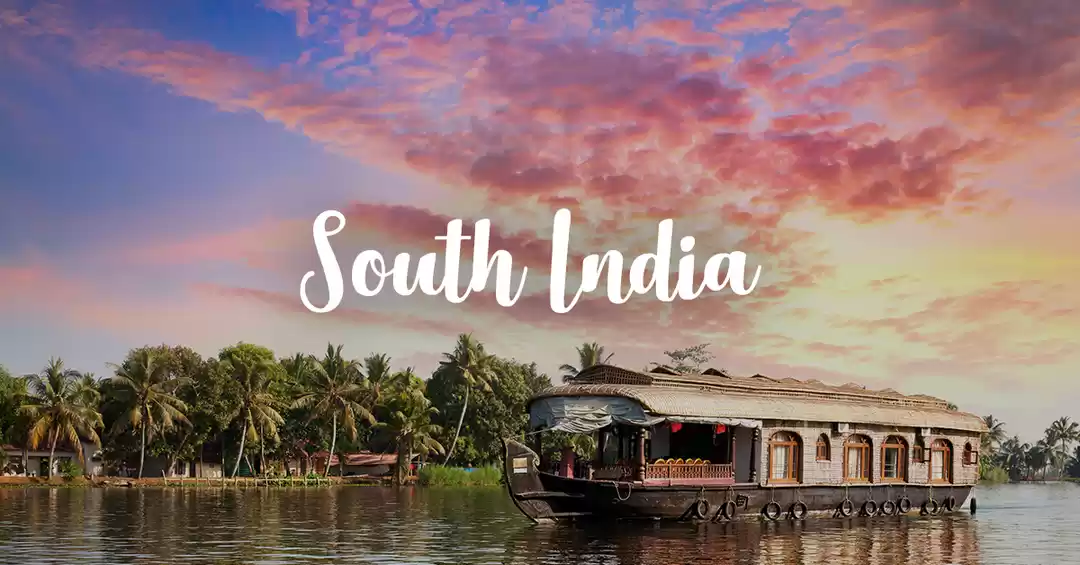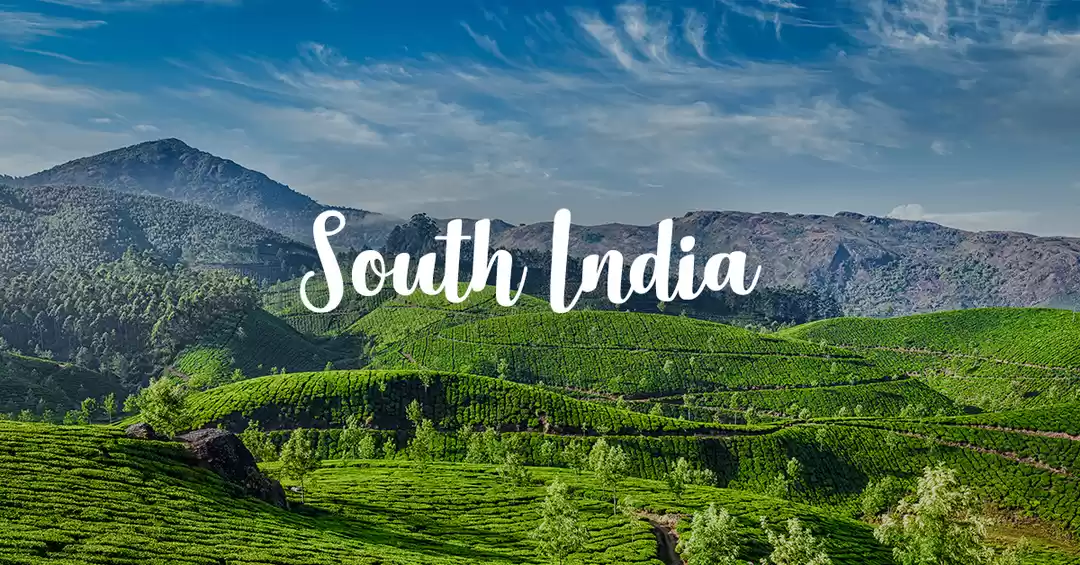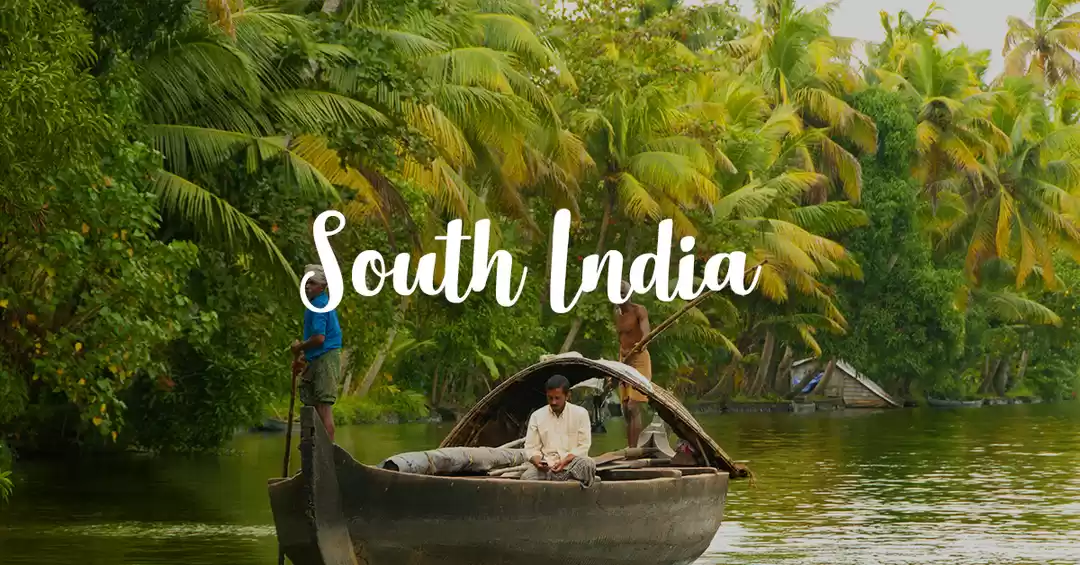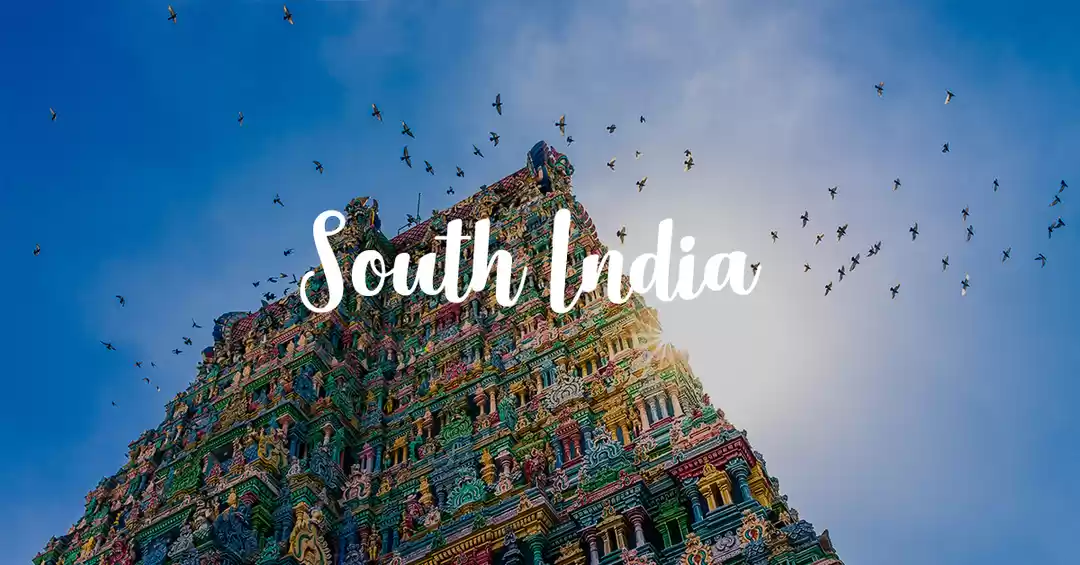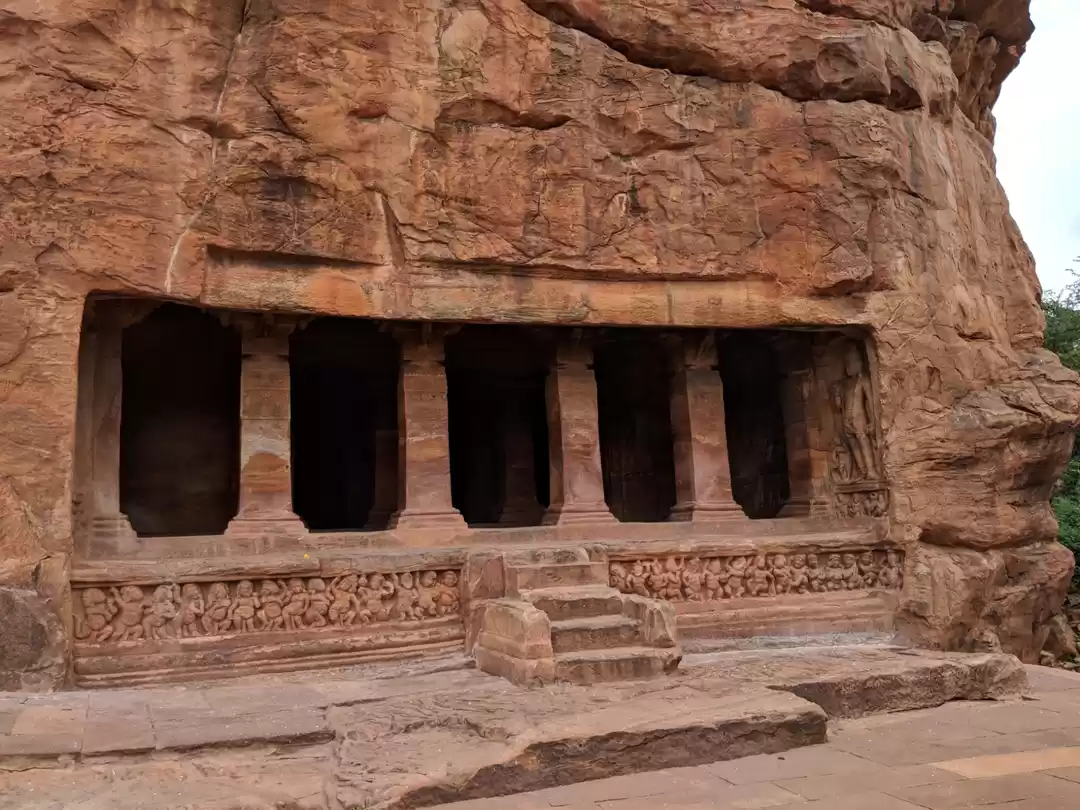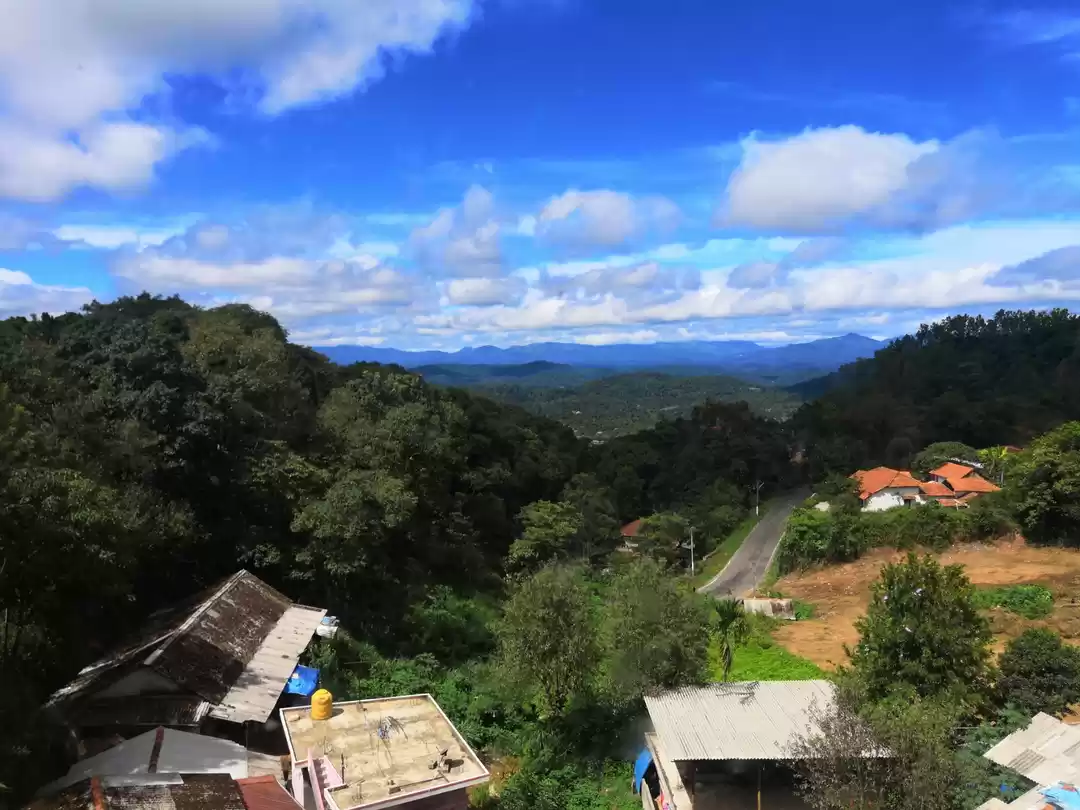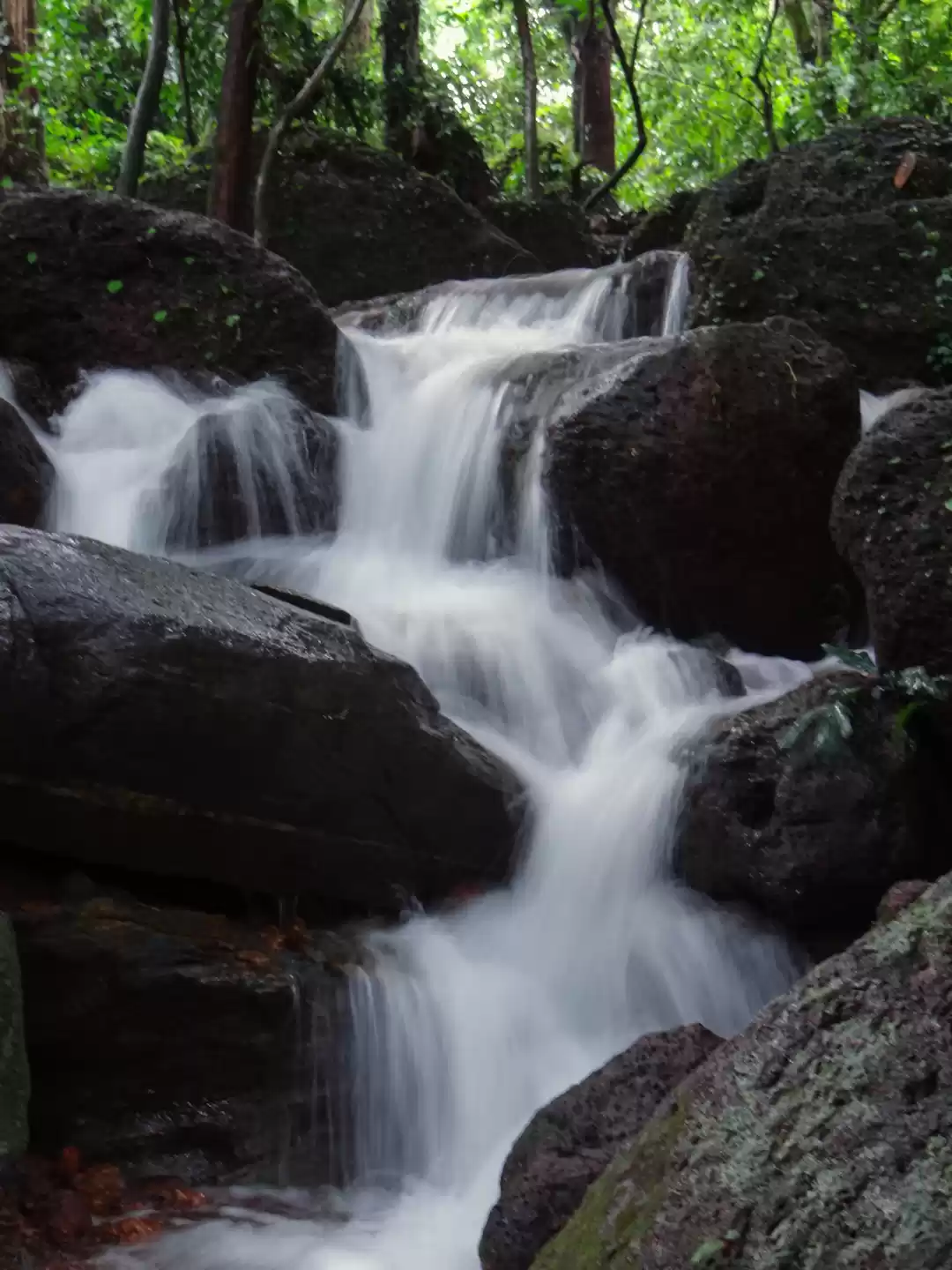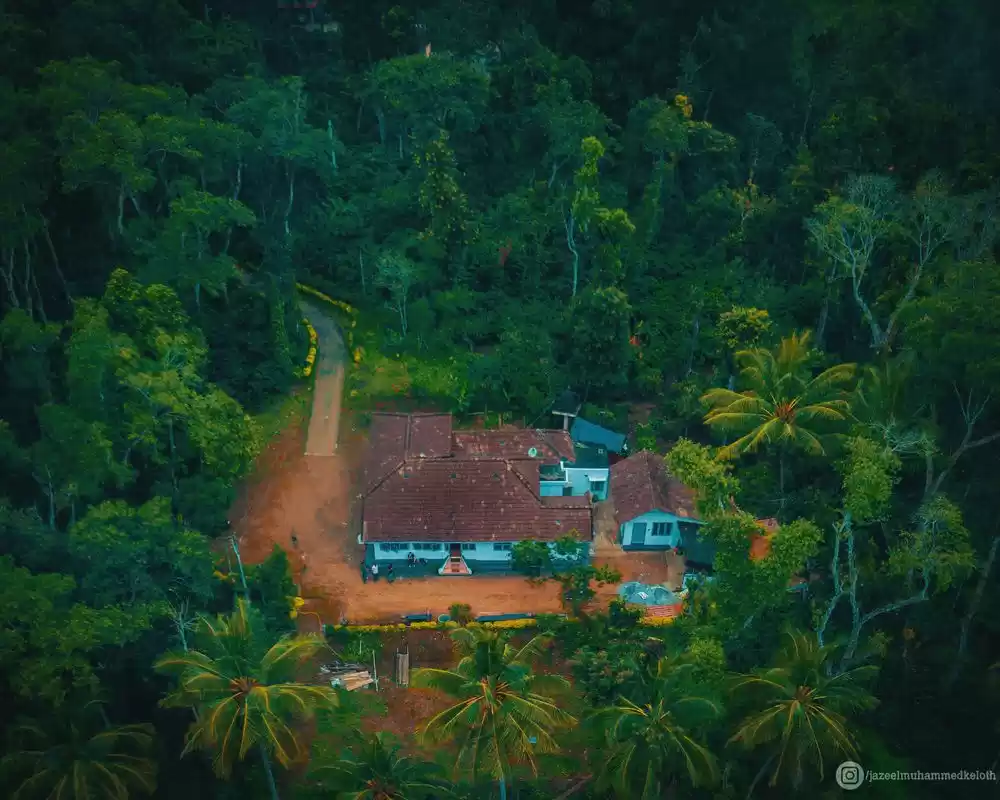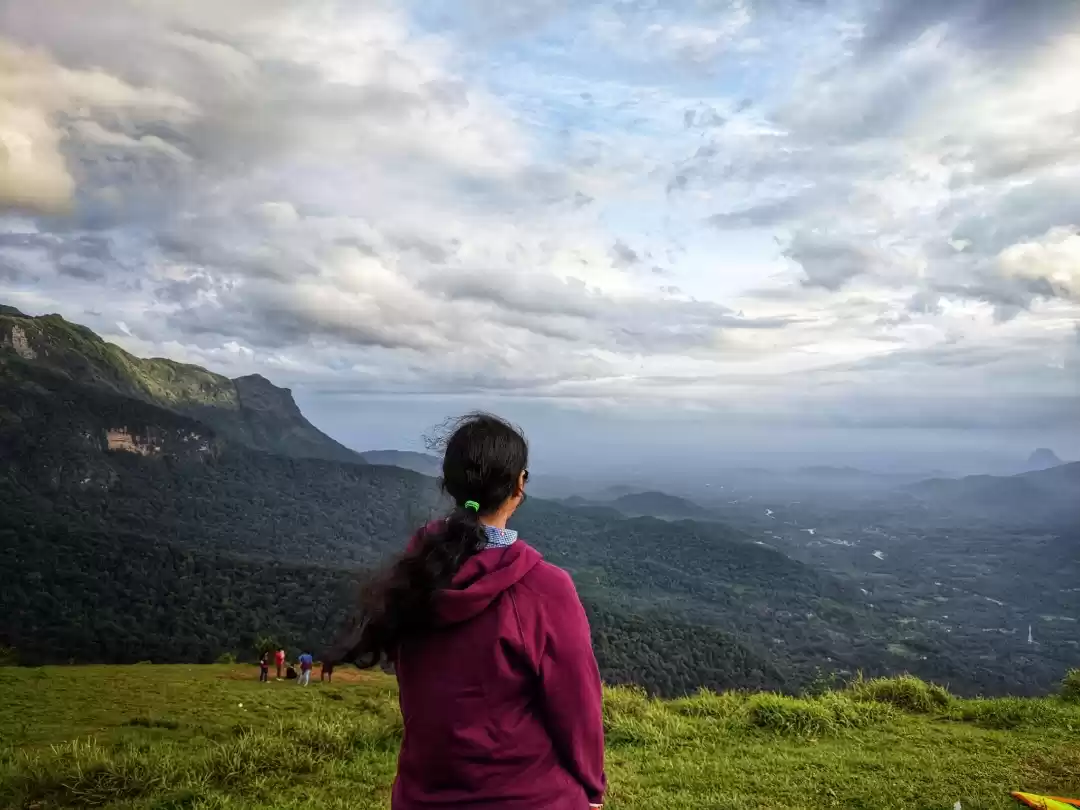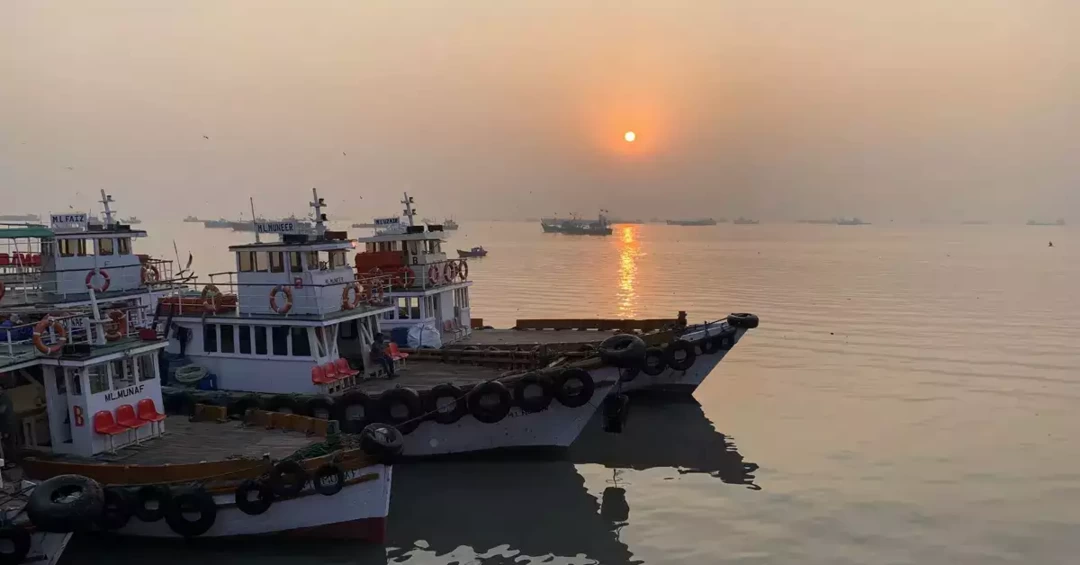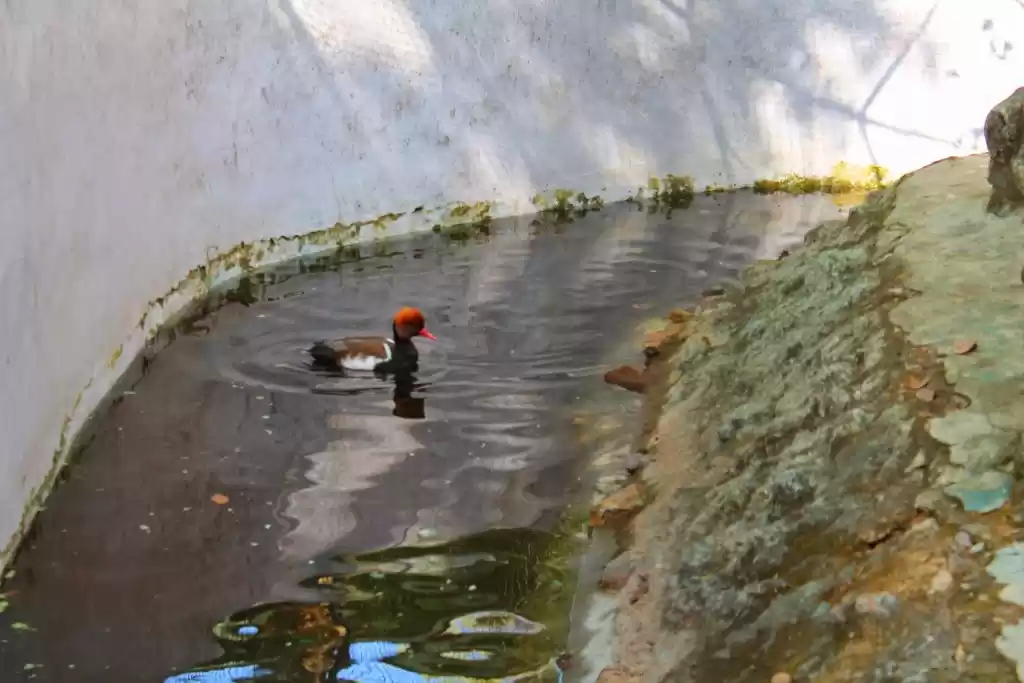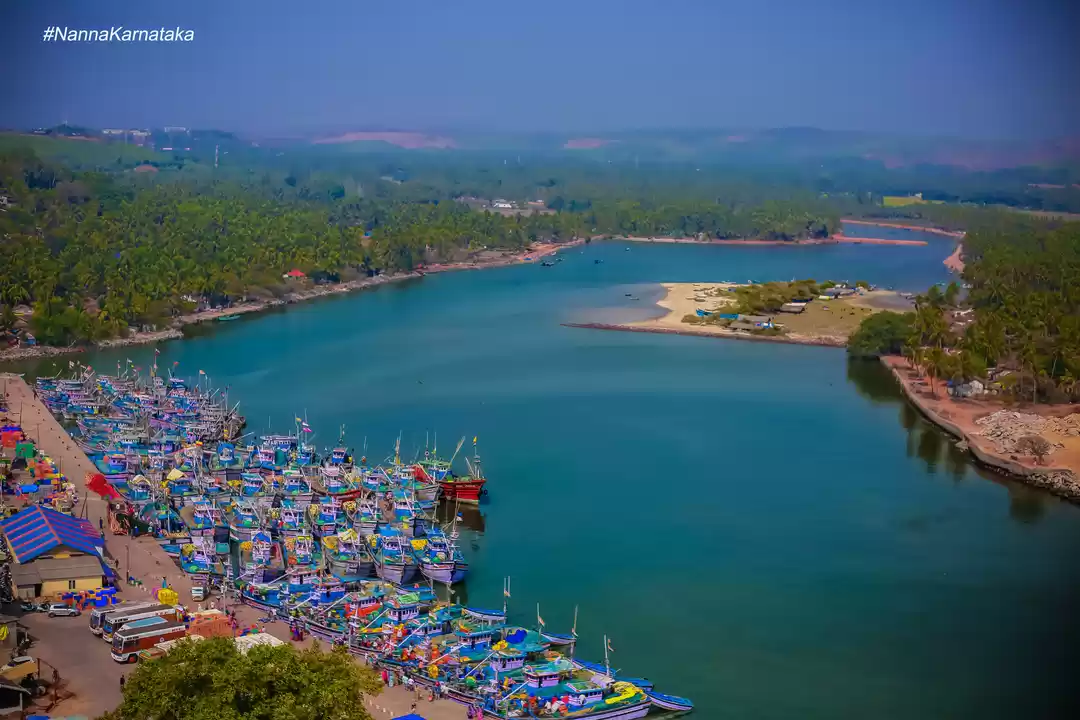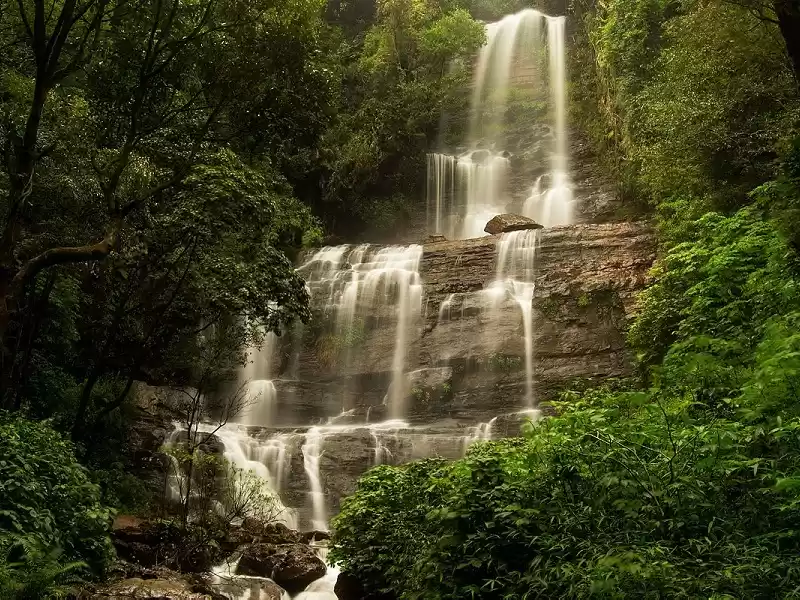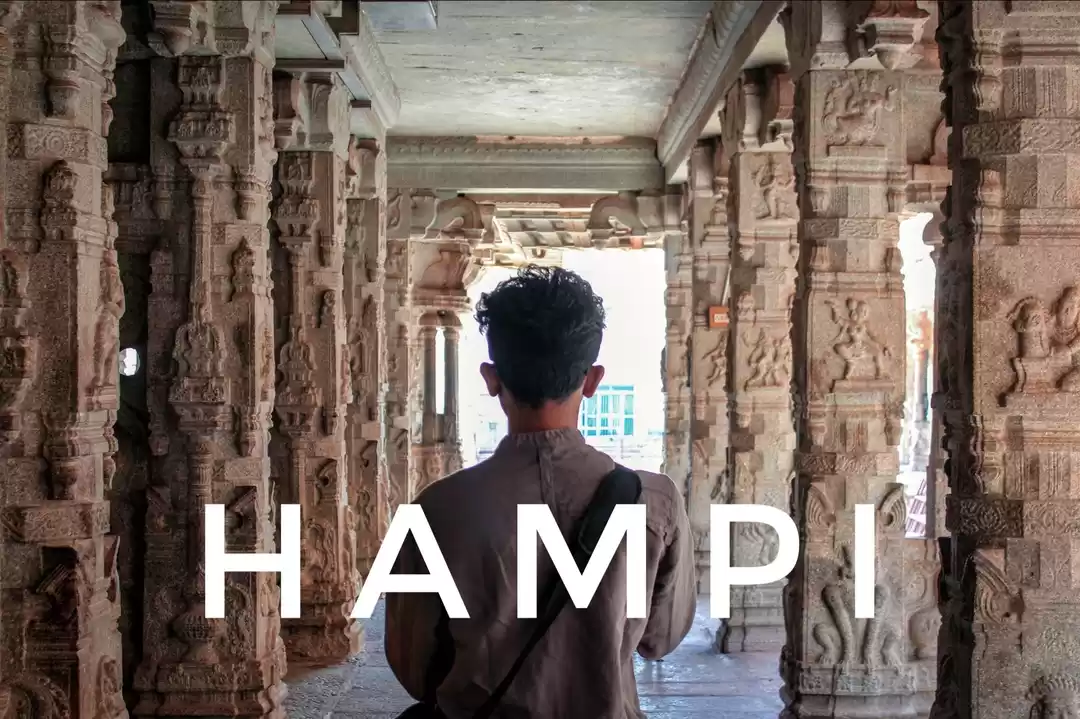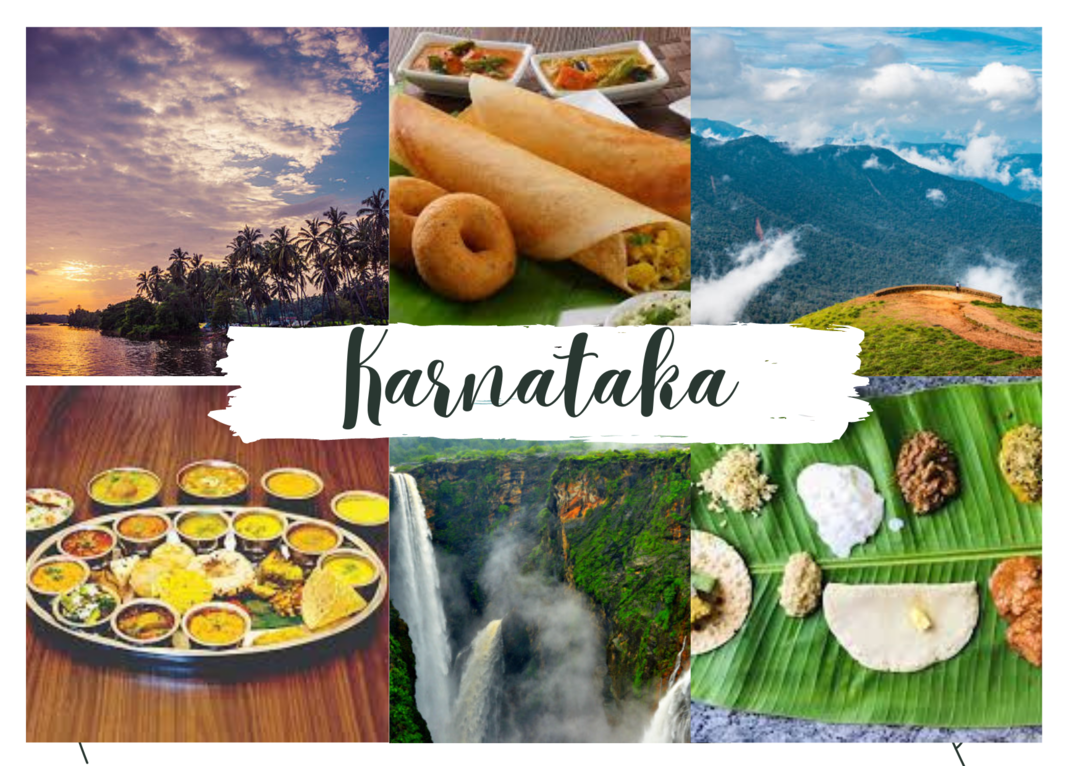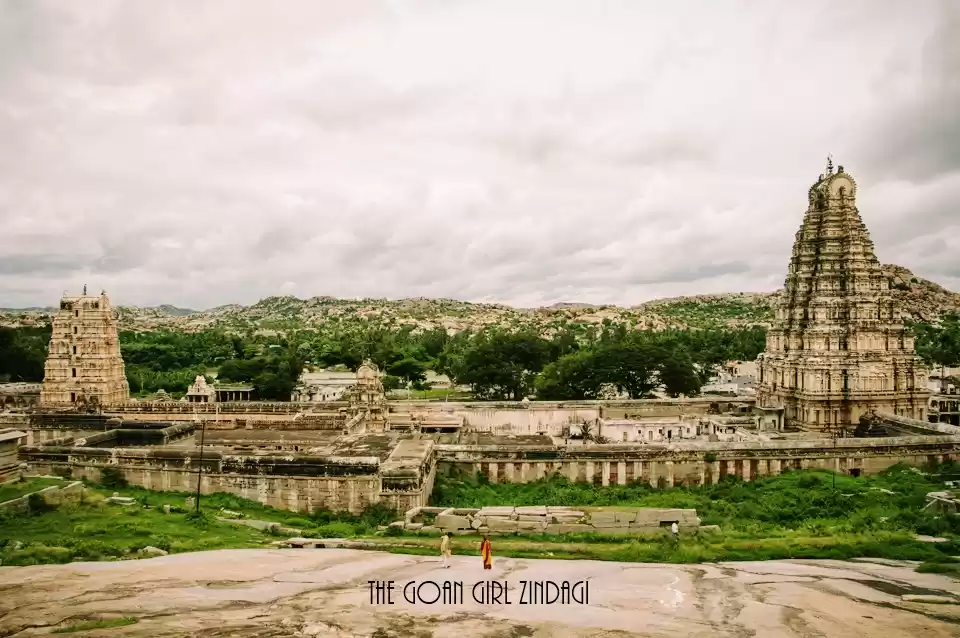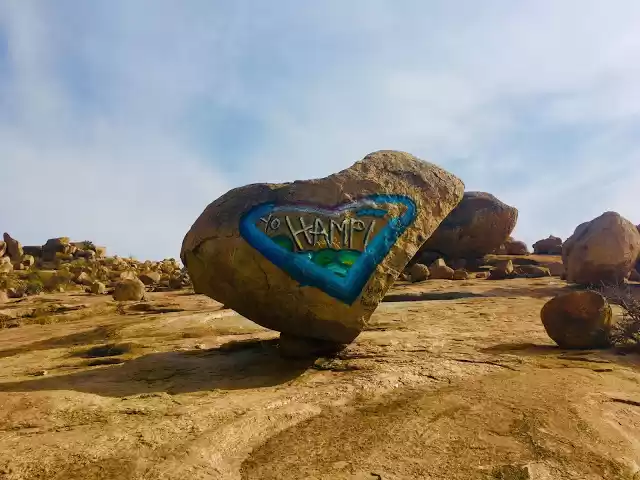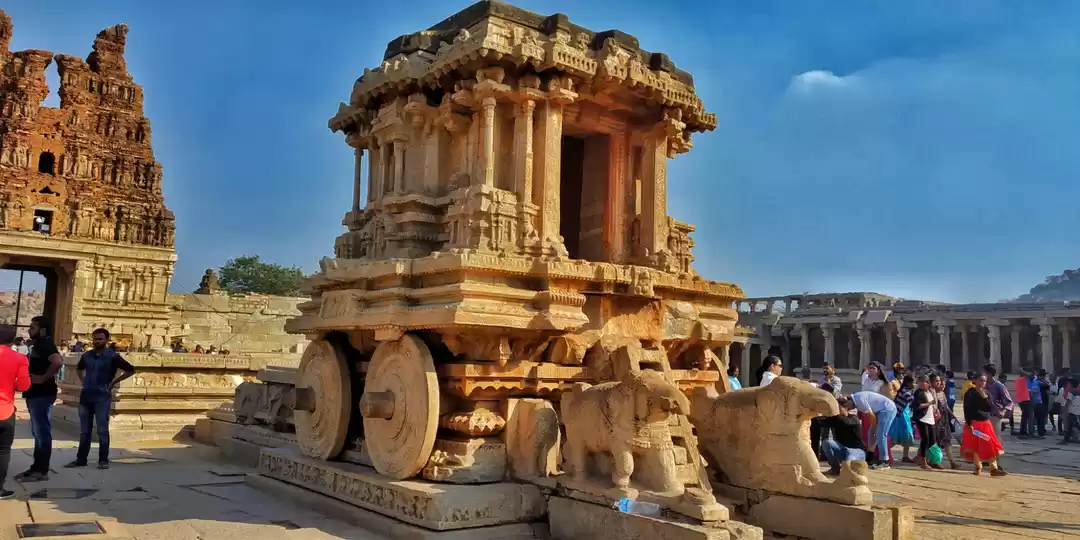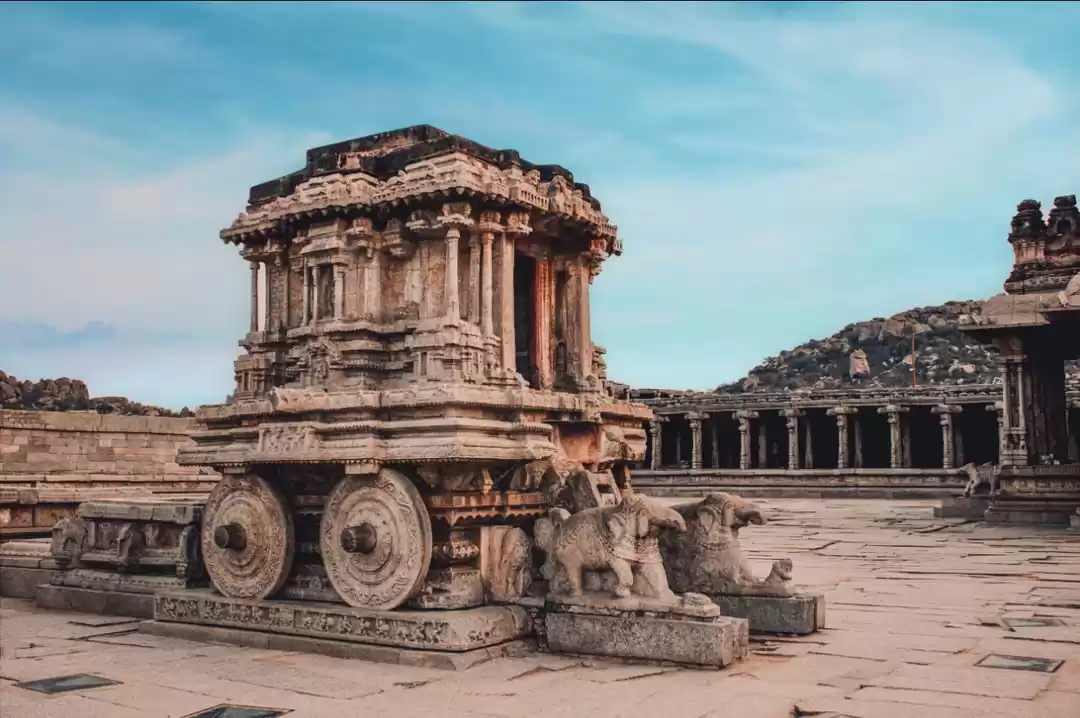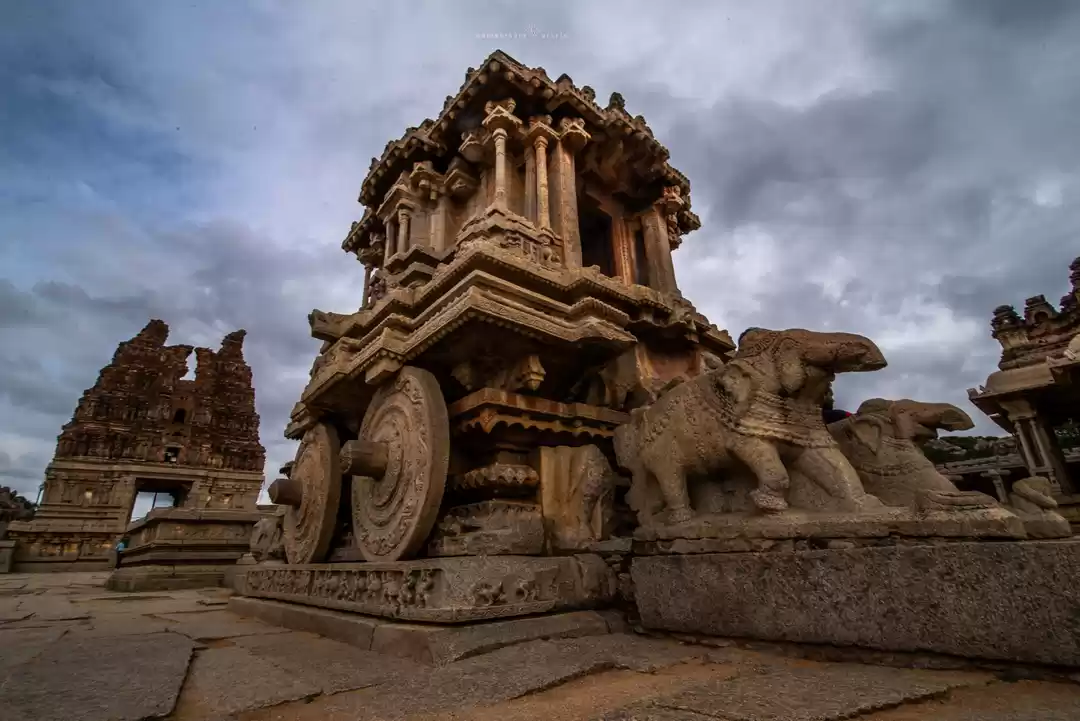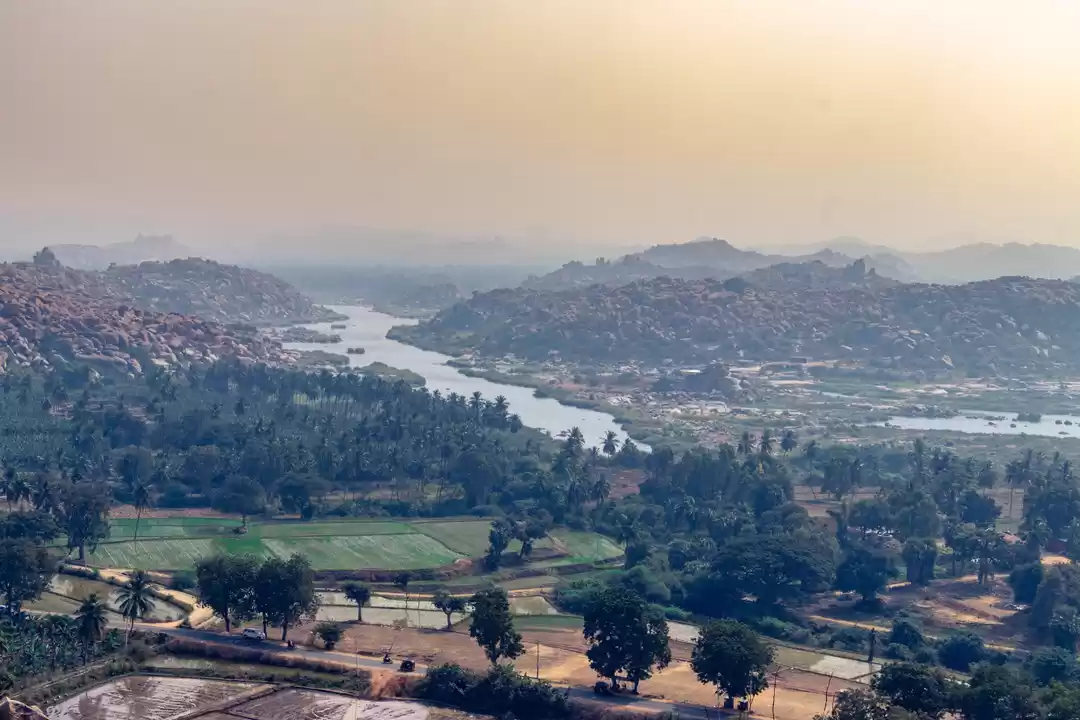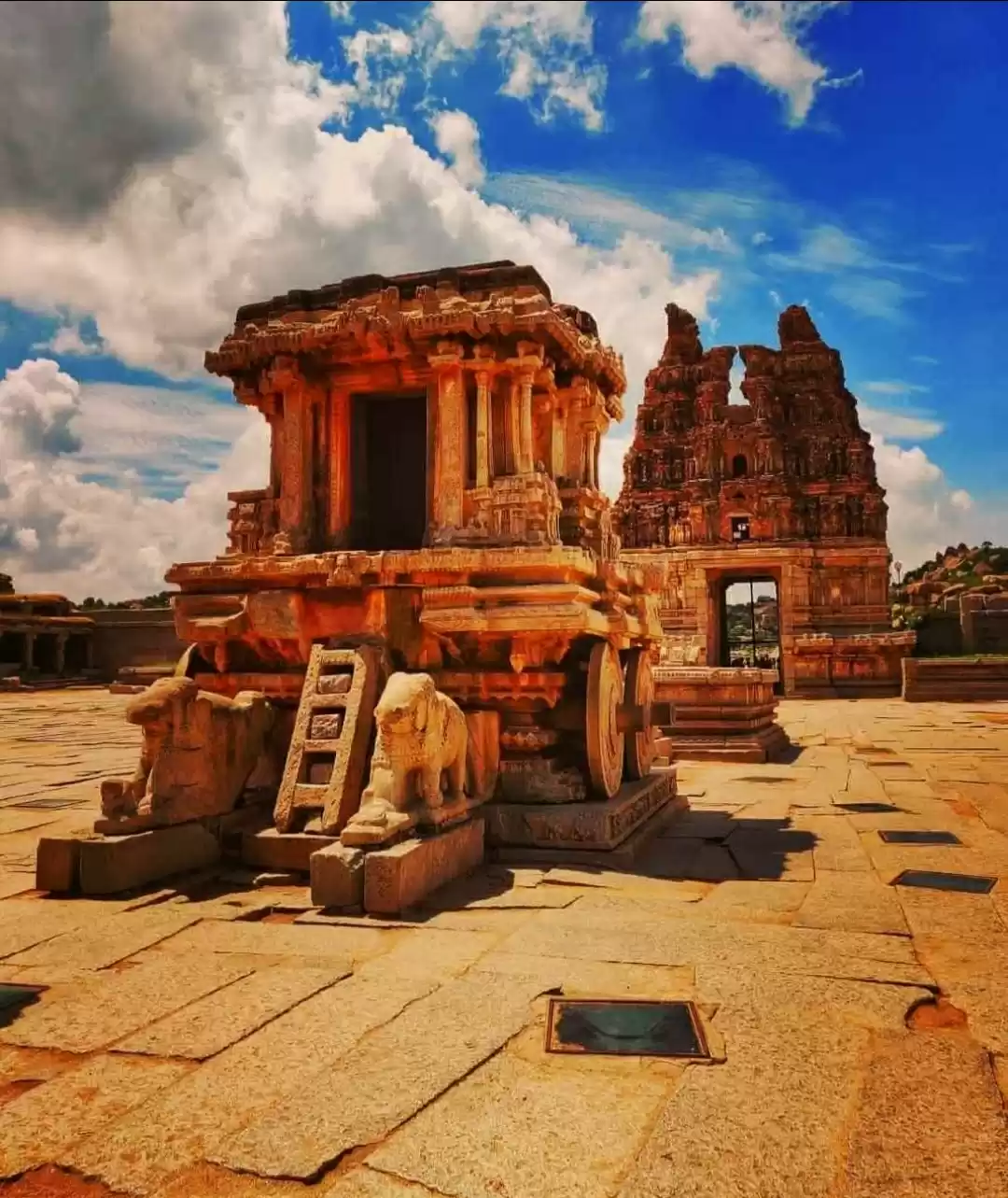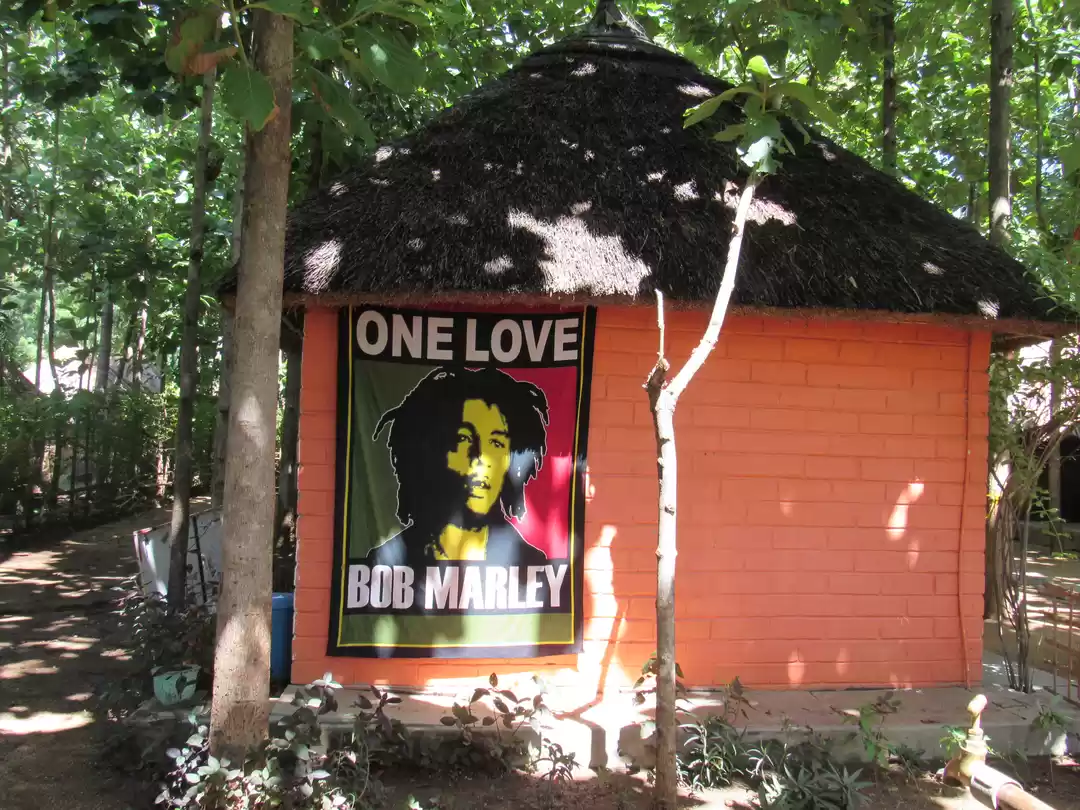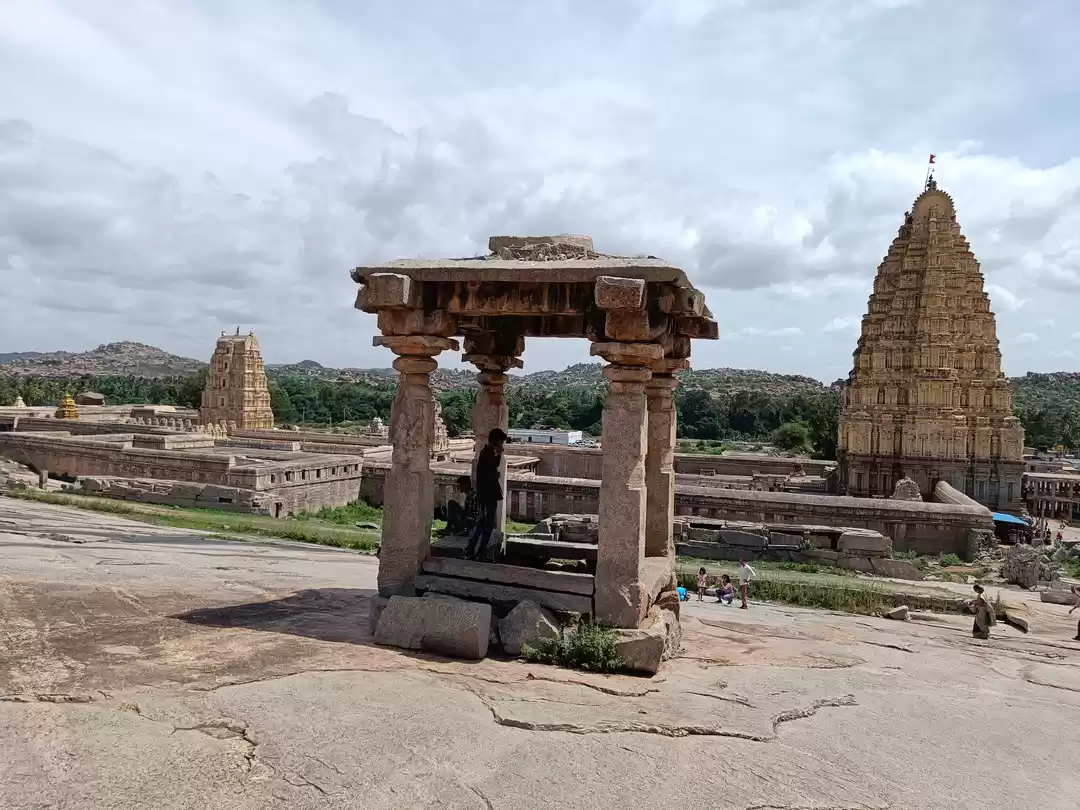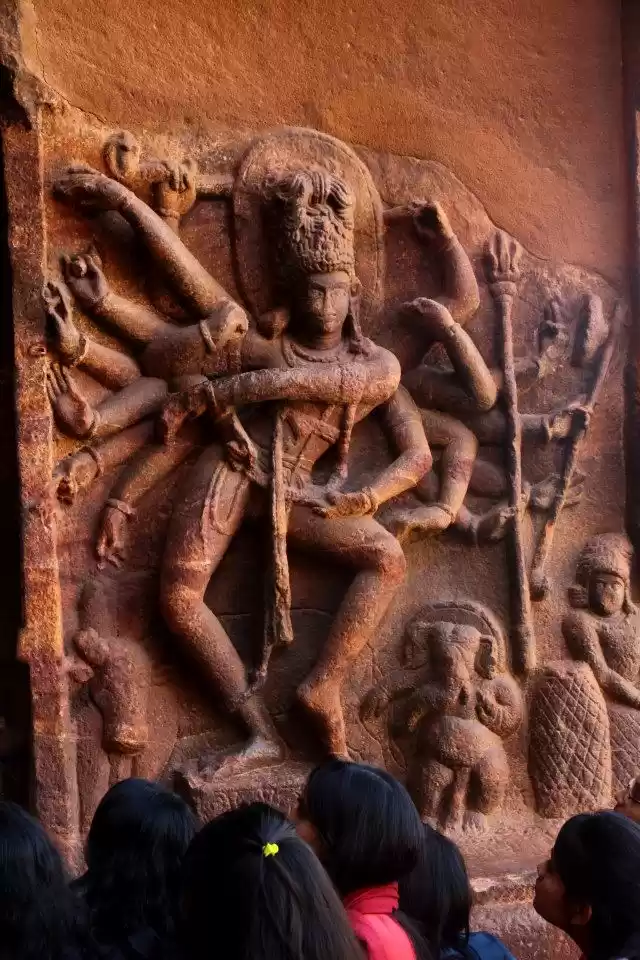
































Far from the crowded city life, Hampi gave us two days of complete and absolute bliss. The erstwhile capital of the Vijayanagar Empire (14th-17th century A.D.) was like a breath of fresh air. The monuments and the temples are exquisite works of art that need no introduction. The spread and magnitude of the ruins evoke awe and respect. For someone who is perpetually in love with history, Hampi only reinforces that love and passion!
But, what made Hampi a lifetime experience was the environment in which the ruins lay scattered. The tall coconut trees, the sugarcane plantations, the innumerable boulders defining the Hampi landscape, the simple village images of herds of cows and goats being led by men clad in typical South Indian style 'lungi', the Tungabhadra River, created the perfect backdrop for the Hampi ruins. Before the trip we had read up about Hampi. Given the extent of the ruins and the time constraint, planning is of utmost importance. We bought books on Hampi and carried detailed maps of the areas that had to be visited. It helped immensely!
As we were residing in Bangalore at that time, we booked a traveler to Hampi, located in North Karnataka, close to the Andhra Pradesh border. It takes around 6 - 7 hours. Leaving on Friday evening, we were not sure about the stay, when on Saturday morning we got one good hotel at Hospet (the nearest rail head to Hampi). Little did we know that it was the beginning of an adventurous journey for us.
We traveled in various modes of transport and after a point of time we stopped thinking of the time lost. We realized that the journey itself was an experience we had not expected- and that is the charm of travel. The beauty of the countryside unfolded: village women in brightly colored sarees- performing their daily chores, little boys and girls running to school, herds of cows blocking traffic and being shooed away, hens running around in courtyards of houses, Food from dhaba was the best part. The entire setting was such a FAR CRY from the brick and mortar we are surrounded with. As I sit to write about our Hampi experience, this forms an integral part of our memories of the weekend trip.
The temple building tradition that dominated the architecture of South India is at its zenith in Hampi. It boasts of a large number of temple complexes with exquisite displays of craftsmanship that are living testimony to the perseverance and skill of the artists. The ruins of Hampi overlook the Tungabhadra River. This emphasizes the harmonious blend of nature and man's historical endeavors that create a lasting impression.
I strongly feel, historical places are not to be seen or 'covered', they must be felt in our bones. We wanted to aimlessly roam around the place and allow it to settle in and feel it within us. That is the only way to appreciate history, when we are able to make the connection with the past.

